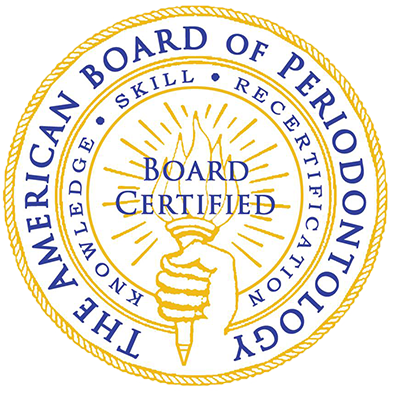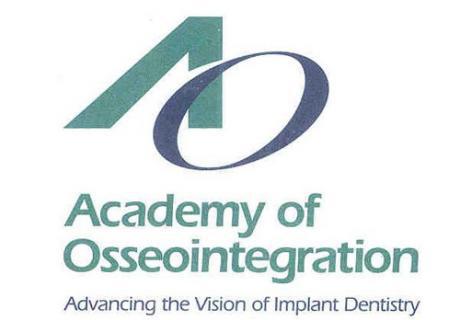Periodontal and Cardiovascular Disease Connection
The Connection Between Periodontal and Cardiovascular Diseases from Dr. Stephanie Sfiroudis, Leading Nassau County Periodontist

Recent research shows a close link between a person's oral health and their overall health. Periodontal disease, as well as less severe forms of gum disease, are both associated with many of the other systems in the body - this includes the cardiovascular system.
It can be difficult to imagine that your mouth can affect your heart, veins, and arteries, but periodontal disease seems to increase significantly the chances of developing heart disease as well as the chance of suffering from a stroke. The exact cause-and-effect relationship is still being determined, but there are certainly strong correlations. These associations place further emphasis on the importance of taking care of our teeth and gums. A healthy mouth can mean a healthy heart and heart disease is a serious problem around the world.
Bacteria and Inflammation
Proving a link between two very different conditions can be difficult, even though there appears to be a strong connection. Cardiologists, as well as periodontists, are both continuing to further the research.
Today, the most prominent theory about the association that exists between periodontal health and the cardiovascular system can be summed up in one word - inflammation. Periodontal diseases and other mouth conditions cause the gums to swell and become inflamed. Inflammation also leads to arteriosclerosis, or hardened arteries, which cause heart attacks as well as strokes, depending upon where the hardened arteries are located in the body.
Gingivitis is an early form of periodontal disease. It causes the gums to be red and swollen and eventually results in pockets in the gums that trap germs and other bacteria. The germs and bacteria in the pockets lead to infection. The bacteria associated with gum disease can spread below the gum-line and infiltrate other parts of the body, particularly the cardiovascular system via the bloodstream. This is because our gums are made up of a lot of blood vessels. As the bacteria spreads throughout the body, it results in various forms of inflammation far from the source.
Periodontal Disease and Stroke
One of the most prominent types of bacteria associated with periodontal disease is Streptococcus sanguis. This same bacteria has been found in the hearts of those with heart disease and is also often found in high concentrations in the hearts of people that have suffered from a stroke. If a person has a healthy mouth and gums, then they also have less of this bacteria in their heart. It is believed that this bacteria gets into the bloodstream from the gums and travels to the heart in the blood, as is laid out in the most popular theory.
Strokes are technically caused by the thickening of arteries that get blood to the brain. When blood is cut off to the brain, particularly by the carotid artery, a person suffers a stroke. It is believed that the inflammation caused by periodontal disease bacteria can cause the veins and arteries to thicken more rapidly and severely. A reduction of the bacteria throughout the body decreases the likelihood of developing cardiovascular diseases.
How Our Habits Might Be The Connection
Another prominent theory about the connection that exists between oral health and heart health has a lot to do with lifestyle choices and habits and less with literal cause-and-effect. It boils back down to bacteria in the body, but the bacteria in the body is associated with poor hygiene in general, not necessarily because it began in the mouth. Instead, those with overall poor hygiene have higher concentrations of bacteria in their bodies over time as a result of their health choices.
People that develop periodontal disease obviously have poor oral hygiene, but research has shown that they also tend to have poor health in general. They are often smokers as well as people that don't exercise, in addition to not properly brushing and flossing their teeth. Many individuals with periodontal disease also suffer from diabetes and diabetes is a precursor to heart disease and other cardiovascular diseases.
Please
contact Dr. Stephanie Sfiroudis for a free consultation regarding any questions or concerns about your periodontal health.




















